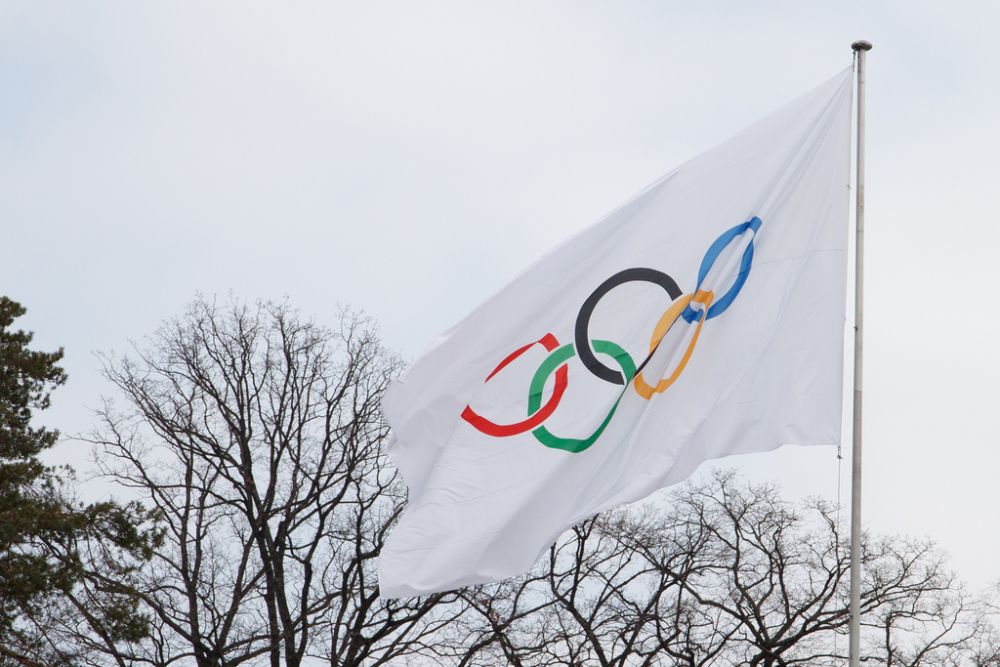Beijing 2022 on track to deliver sustainable Winter Olympics
The International Olympic Committee (IOC)’s Coordination Commission has praised Beijing’s sustainability and legacy plans during its second review of the city’s preparations for the Olympic Winter Games

The International Olympic Committee (IOC)’s Coordination Commission has praised Beijing’s sustainability and legacy plans during its second review of the city’s preparations for the Olympic Winter Games.
The IOC visited Beijing for its second review on 12 to 13 June, and stated that is was pleased to see the advancements towards the realisation the Chinese capital’s sustainability and legacy plans.
Commission Chair Alexander Zhukov said: “Since our last visit, the Beijing 2022 Organising Committee has made good progress in its preparations for sustainable Olympic Winter Games that will benefit the city, region and country for decades to come.”
He went on to say: “It is very clear that the Chinese organisers have taken care to implement the spirit of Olympic Agenda 2020 throughout their preparations to host the Olympic Winter Games. I look forward to continued collaboration on these important topics under the leadership of Beijing 2022’s new President Cai Qi, with whom we are already building a strong relationship.”
The Coordination Commission visited the new National Speed Skating Oval, the Capital Indoor Stadium, Wukesong Sports Centre and the Shougang Industry Park.
In addition, the land which will be home to the new Speed Skating Oval is already being prepared for construction, which is expected to be completed by the end of 2019.
Both the Capital Indoor Stadium and Wukesong Arena were used during the Olympic Games in 2008, and will be repurposed for the Olympic Winter Games, the stadiums will be hosting international curling and ice hockey matches respectively in recent months.
The city is adapting a total of six venues that hosted the 2008 Olympic Games to minimise the cost of construction.
The Shougang Industry Park, a former steel mill decommissioned in 2008, has been converted into the new Organising Committee’s headquarters and is the proposed location for Big Air in 2022.
The Shougang site is also undergoing additional developments that include new housing as well as leisure and sport facilities, which will cater for both elite training and public enjoyment.
The six new competition venues will be built using renewable technologies with energy saving and environmentally-friendly materials.
Mr Zhukov said: “Beijing 2022 has a vision to host an Olympic Winter Games that will provide long-term economic and social benefits for the region.
“It was impressive to see how the Organising Committee has not only capitalised on the venue legacy from 2008, but has also integrated long-lasting sustainable solutions across its various priorities, including a commitment for all permanent indoor venues to be LEED [Leadership in Energy & Environmental Design] standards ,” he added.
Zhang Jiandong, Executive President of Beijing 2022, said: “We believe the meeting has been practical and effective, during which both sides had frank and in-depth exchanges regarding the preparatory work Beijing 2022 has done, allowing us to reach consensus on major issues.”
The next full visit of the IOC’s Coordination Commission to Beijing will take place in 2018.
For the latest news on green sports, sign up to our free sport newsletter here.
